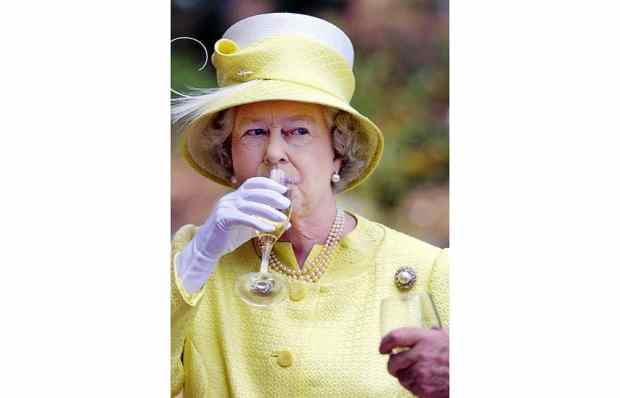Drink and democracy have one important point in common: an ambivalent relationship with discord. They can mitigate it. They can also exacerbate it. Events at last week’s Tory conference led me to ruminate on that theme, as a little good wine did indeed mitigate political depression: these bottles I have stored against my ruin.
In a modern society, by giving legitimacy to governments, democracy can underpin political authority. But that depends on two related outcomes. The government must be worthy of authority, and those who lose an election must accept the result. By transforming pluralities into sizeable majorities, the British voting system has encouraged all that. 1945, Wilson’s first governments, 1979, 1997: relatively small net swings in voting behaviour produced not only electoral landslides, but moral ones as well. It was as if the losers had been written out of history (something similar happened with Mr Obama).
Today, there are no more large majorities and certainly no authority. Theresa May is worthy to be written out of history but she is still Prime Minister. On both sides of the Atlantic, the legitimacy of victory is under question. The defeated are less likely to congratulate the victors, even through gritted teeth — much more likely to move into internal exile. A great deal of anger is bubbling, which is unhealthy, and the political leadership of the West has never been weaker, with one possible exception. Mr Trump could be accused of a range of political offences, but do they include weakness? Certainly, he is unfit to be President of the United States, but up against Hillary? Her family give sleaze a bad name. In 2020, he will face a Democrat opponent from a party which has still not reconnected with its Rooseveltian moral core. For stability, Turkey needs Ataturk; the Democrats, FDR — the USA, strength. As matters stand, Mr Trump may be the only source of strength in American politics. Who would have thought it?
Although Cheval Blanc is not an aperitif, a bottle of the ’95 was an ideal overture for the conference. It was produced by a subtle and sophisticated party hierarch, in Oswald’s, Robin Birley’s new club. In the old days, the Tory party’s treasurers had a range of duties. They had to ensure that the money flowed in. They also had to ensure that the wrong sort of money was gently but firmly rejected. Finally, late at night during the conference, they would ensure that fortunate individuals did not go thirsty. In the 1980s, the late Alistair McAlpine was especially good at all of those. In a discreet suite on an upper floor of the conference hotel, he entertained ministers, donors, the party’s hauts fonctionnaires and some favoured journalists.
While the rest of us were content with Alistair’s excellent champagne, that was far too effeminate for Denis Thatcher. He got stuck in to the Scotch and in the process, expressed his thoughts on crime in south London, sporting links with South Africa and related topics which had somehow come together in his mind. As was made clear by Robin Renwick in his recent book The End of Apartheid, Denis was not speaking for his wife. If anything, she was insufficiently sensitive to the Afrikaners’ difficulties. But that was irrelevant. Although some of the journalists present were lefties, nothing that the paterfamilias said ever reached the press.
These days, Tory treasurers still serve drinks, but only for donors in even more discreet settings. This betokens a lack of confidence. In different company, to make up for this, I tried a Talbot ’06, which was delicious. We also compared a ’05 Cos d’Estournel with an ’06 one. Our verdict: the ’05 was finer, the ’06 readier. As for the Tory party, there are young wines in the cellar, but the No. 10 and cabinet vintages are much the worst in political history.
Got something to add? Join the discussion and comment below.
Get 10 issues for just $10
Subscribe to The Spectator Australia today for the next 10 magazine issues, plus full online access, for just $10.
You might disagree with half of it, but you’ll enjoy reading all of it. Try your first month for free, then just $2 a week for the remainder of your first year.














Comments
Don't miss out
Join the conversation with other Spectator Australia readers. Subscribe to leave a comment.
SUBSCRIBEAlready a subscriber? Log in